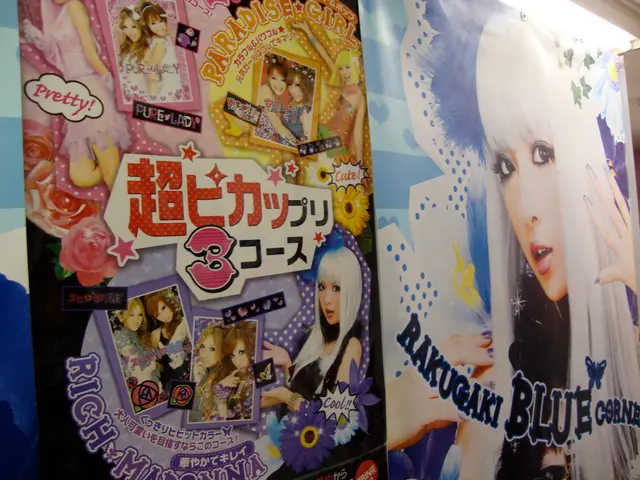Trump Settles YouTube Lawsuit Over Account Suspension for $24.5M
Former U.S. President Donald Trump has settled a lawsuit with YouTube over the suspension of his account following the Jan. 6, 2021, attack on the Capitol. The settlement amounts to $24.5 million, with $22 million going to a nonprofit for a Mar-a-Lago-style ballroom project on White House grounds.
YouTube blocked Trump from uploading content on Jan. 12, 2021, citing 'concerns about the ongoing potential for violence' after the Capitol attack. Trump's lawyers argued that the suspension was a case of wrongful censorship under 'non-existent or broad, vague and ever-shifting standards'. However, legal experts consistently maintained that Trump's cases were weak, as the First Amendment restricts the government, not private companies, from curbing speech.
The settlement sees $22 million going to the Trust for the National Mall, a nonprofit dedicated to funding a $200 million ballroom project at the White House, which Trump is building. The remaining $2.5 million will be distributed to other plaintiffs, including the American Conservative Union and author Naomi Wolf. Trump's choice to direct the majority of the settlement to the ballroom project has been criticized by some, who argue it should have gone to individuals affected by his YouTube suspension.
YouTube has agreed to pay $24.5 million to settle the lawsuit, with the majority going to a nonprofit for a White House ballroom project. While Trump's lawyers argued wrongful censorship, legal experts maintained that private companies have the right to restrict speech. The settlement has sparked debate about where the funds should have been directed.
Read also:
- Setting Up and Expanding Operations at a Soil Blending Facility
- Regional University's healthcare system strengthened through collaborative partnership with Chancellor Dr Fiona Hill
- Reminisced University Trustee David M. Flaum as a 'fervent advocate' for the University and community
- Getting Up to Urinate During Sleep Affecting Your Slumber Quality? Here's a Solution








